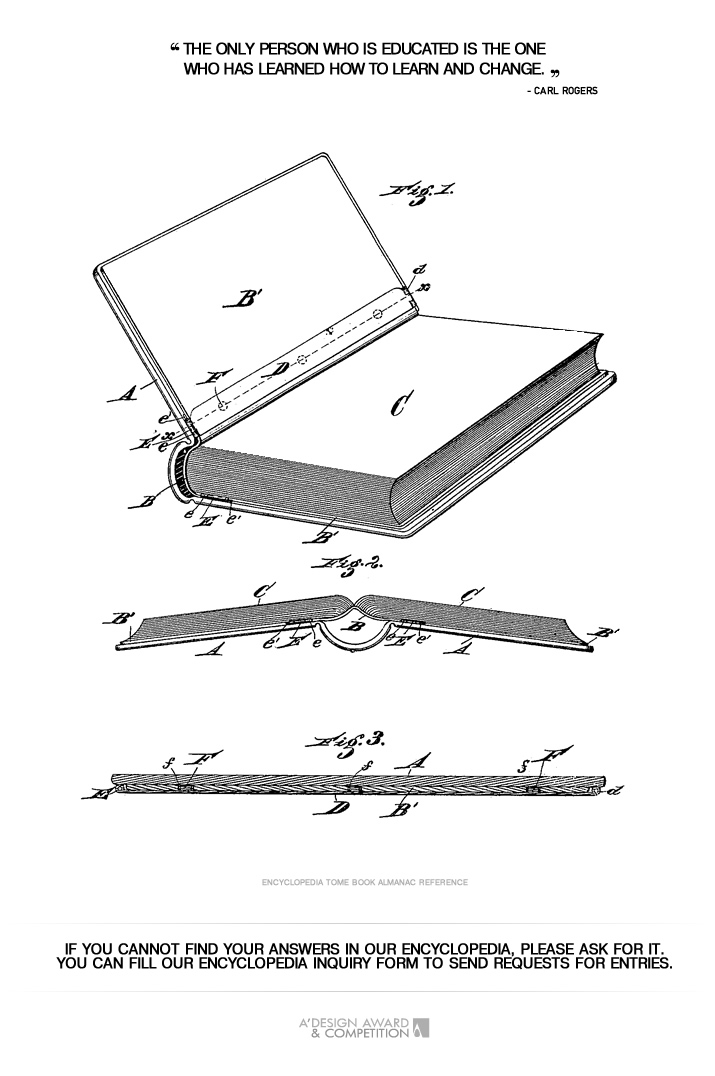
| THE AWARD |
| CATEGORIES |
| REGISTRATION |
| SUBMIT YOUR WORK |
| ENTRY INSTRUCTIONS |
| TERMS & CONDITIONS |
| PUBLICATIONS |
| DATES & FEES |
| METHODOLOGY |
| CONTACT |
| WINNERS |
| PRESS ROOM |
| GET INVOLVED |
| DESIGN PRIZE |
| DESIGN STORE |
| THE AWARD | JURY | CATEGORIES | REGISTRATION | PRESS | WINNERS | PUBLICATIONS | ENTRY INSTRUCTIONS |
Field Task - Entry #480538 |
Home > Design Encyclopedia > 480538 |
 Field Task
Field Task
Field Task is a systematic research methodology employed in design disciplines to gather firsthand observational data about how users interact with products, spaces, or systems in their natural environment. This comprehensive approach involves designers or researchers immersing themselves in the actual context where design solutions will be implemented, allowing them to document authentic behaviors, identify pain points, and uncover opportunities for innovation that might not be apparent through traditional research methods. The practice emerged from anthropological and ethnographic research traditions, adapting these principles specifically for design applications in the mid-20th century. Field tasks typically involve multiple phases: preparation, which includes defining objectives and selecting appropriate observation methods; execution, where researchers document user behaviors through various means such as photography, video recording, note-taking, and sketching; and analysis, where collected data is synthesized to inform design decisions. This methodology has become increasingly crucial in contemporary design practice, particularly as user-centered design approaches have gained prominence. The depth of insight gained through field tasks often leads to more nuanced and effective design solutions, as evidenced by numerous award-winning projects recognized by the A' Design Award & Competition, where successful field research has contributed to innovative design outcomes. The practice requires careful consideration of ethical implications, including obtaining proper consent from subjects and maintaining confidentiality when necessary. Advanced technological tools have enhanced the capability to conduct field tasks, enabling more sophisticated data collection and analysis methods, while still maintaining the fundamental principle of observing authentic user behavior in context.
Author: Lucas Reed
Keywords: observation research, user behavior, contextual inquiry, ethnographic study, design methodology, user experience, environmental analysis, behavioral mapping, natural setting observation
 About the Design+Encyclopedia
About the Design+EncyclopediaThe Design+Encyclopedia is a crowd-sourced reference of information on design. Unlike other crowd-sourced publications on design, the Design Encyclopedia is edited and actively monitored and publishing is only possible after review of submitted texts. Furthermore, editors of the Design Encyclopedia are mostly consisting of award winning designers who have proven their expertise in their design respective fields. Information posted at design encyclopedia is copyrighted, you are not granted a right to use the text for any commercial reasons, attribution is required. If you wish to contribute to the design encyclopedia, please first register or login to A' Design Award and then start a new design encyclopedia entry.

If you did not find your answer, please feel free to check the design encyclopedia for more entries. Alternatively, you can register and type your own definition. Learn more about A' Design Award's Design+Encyclopedia.

